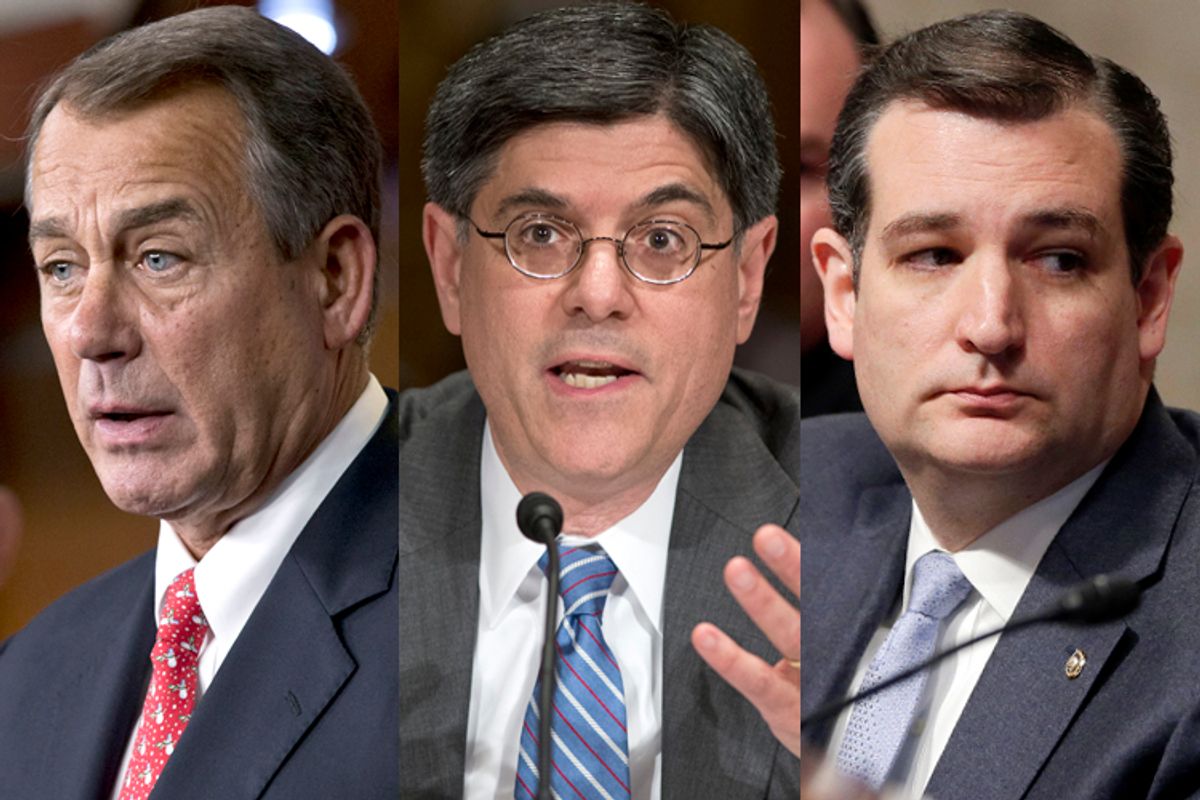The United Auto Workers announced late Wednesday night that graduate students at New York University had voted -- by a 49-to-1 margin – to join the union, and make theirs the only private university in the country where grad students bargain collectively over the conditions of their teaching and research work.
In a late night statement, anthropology teaching assistant Natasha Raheja hailed the “huge victory” and said the union was “determined to reach an agreement on a strong union contract by the end of this academic year.” Reached over email, NYU executive vice president Robert Berne told Salon the university had stayed neutral “to permit the graduate students to express their views,” and would “now enter what we expect to be productive negotiations with the union.”
As I reported Monday, the vote followed an eight-year struggle set off when NYU announced it would no longer bargain with its grad students, and a months-long strike failed to force the administration to change its stance. While public university graduate student unions are legion (and played key roles in California’s Occupy movement and Wisconsin’s resistance to Scott Walker), NYU had been the first and only private school to recognize a graduate student union. After George Bush National Labor Relations Board appointees voted in 2004 to reverse a Clinton-era precedent and push grad students outside the protections of New Deal labor law, NYU mounted a campaign against the union, which the UAW charged would otherwise have been illegal. Past and future Democratic officials Cheryl Mills and Jack Lew – since tapped by the Obama administration as Hillary Clinton’s chief of staff and U.S. Treasury secretary, respectively -- both played roles in NYU’s response to the strike.
While GSOC made Obama’s 2008 election a priority in hopes of winning NLRB appointees who would restore Clinton-era precedent and thus their collective bargaining rights, a mix of Republican obstruction, Democratic recalcitrance, and judicial roadblocks repeatedly pushed back the already-slow time frame for that hoped-for result. NYU professor Andrew Ross, who co-edited a volume on the strike, told Salon that with GSOC facing a potential recusal of one of the NLRB’s more pro-labor new members, and NYU's administration "in a state of siege" over multiple controversies, both sides had a reason to resolve the conflict. Under the deal announced last month, NYU stayed neutral in the election (overseen by the American Arbitration Association), and agreed to recognize and bargain with the union if it won; the UAW agreed to the withdrawal of its NLRB case, and to leave six “hard sciences” departments out of the deal.
By leaving the Bush precedent in place, that deal may mean that graduate student workers remain excluded from labor law for years to come. But activists at NYU and elsewhere argued before the vote that campaigns on other campuses would draw momentum from the example of a private university agreeing anyway, after years of pressure, to collective bargaining. After years in which many schools’ campaigns lost momentum while waiting for a never-realized NLRB victory, argued Ross, “the frustrating experience has been quite valuable, I think, as a lesson that organizing can’t stop and wait – it has to be going on in tandem with the legal process.”
Given the risk of a recusal, “it no longer seemed like an appropriate strategy to wait for the NLRB,” graduate student Matthew Canfield, a member of the organizing committee of one of the UAW NYU locals, told Salon last week. “But I also think, as a larger movement-building strategy, it’s important that graduate student workers stand up and organize themselves, and make the case to universities that they are ready to be recognized as employees, and can productively form relationships with universities through unionization.”

Shares